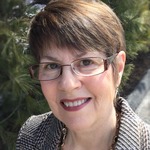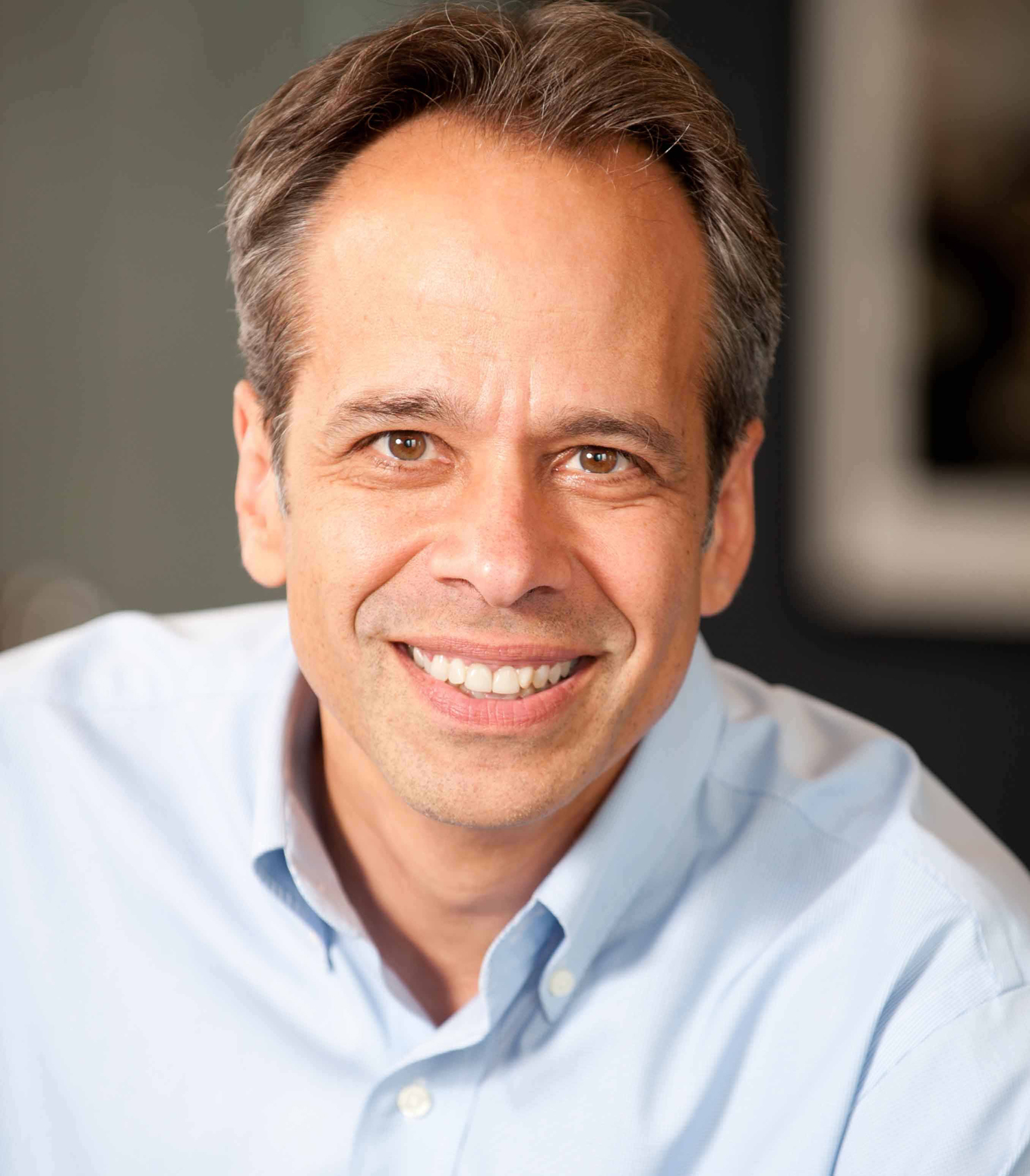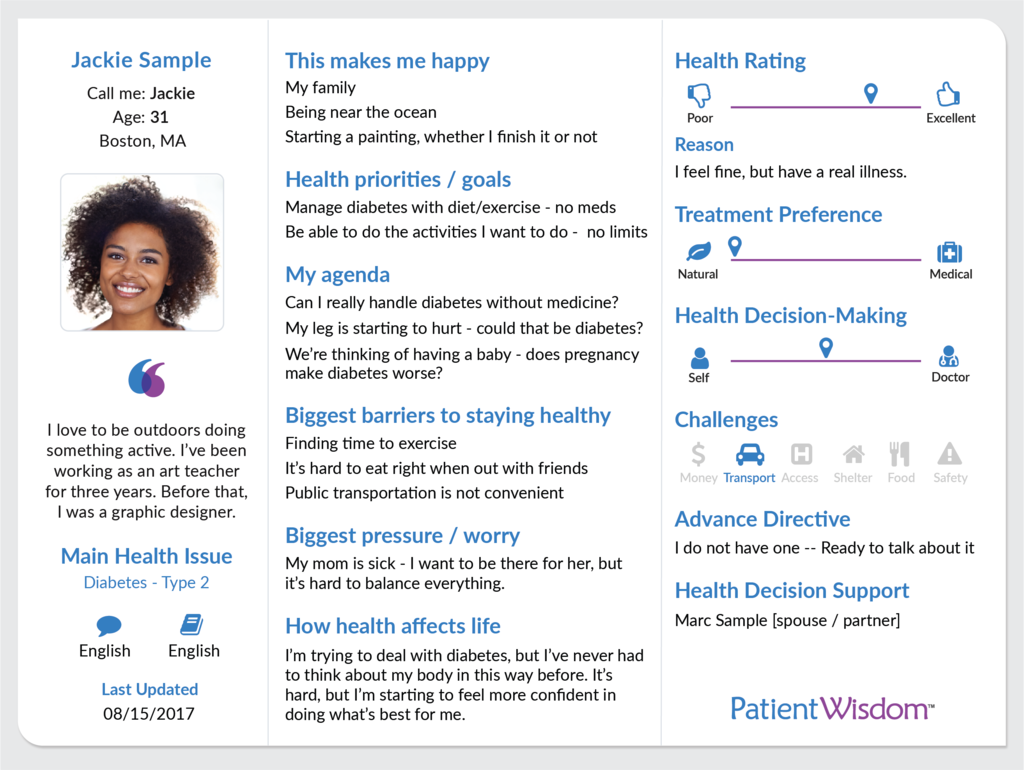PatientWisdom Platform Helps Physicians Forge Stronger Connections with Patients at Yale New Haven Health
// By Jane Weber Brubaker //
“Sikhona” is a Zulu greeting. It means “I am here to be seen.”
The response is “Sawubona” — “I see you.”
 Few things in life are as personal as our health, yet when we seek care, it can often feel impersonal. How well does a physician really know us? How comfortable are we in openly discussing the real reason for our visit — the one we didn’t share when we made the appointment online or spoke with a scheduler? When we see a doctor, does the doctor see us?
Few things in life are as personal as our health, yet when we seek care, it can often feel impersonal. How well does a physician really know us? How comfortable are we in openly discussing the real reason for our visit — the one we didn’t share when we made the appointment online or spoke with a scheduler? When we see a doctor, does the doctor see us?
It’s not that physicians don’t care. Most people choose the medical profession because of a sincere desire to help people. But medicine today exerts pressure on the amount of time a physician can spend with a patient. On top of this, with the advent of electronic health records, when physicians are with patients, most of their time is spent interacting with the computer screen, not the patient.

Michael Bennick, MD, medical director for patient experience at Yale New Haven Hospital and Yale New Haven Health
What if there were a way for patients to tell their “stories” and give physicians a more holistic view of their lives? What if physicians could take 20 seconds to read a summary of the stories before walking into the examination room? How might that transform the experience for both provider and patient?
Yale New Haven Health is answering these questions with a new platform, PatientWisdom. Michael Bennick, MD is medical director for patient experience at Yale New Haven Hospital and Yale New Haven Health. “PatientWisdom is one of the tools that we are beginning to rely upon to more accurately enable a clinician to gain insights into the question ‘Who is this person?’” he says.
Greg Makoul is founder and CEO of PatientWisdom. “The missing link in healthcare is learning what matters to people,” he says. “We want to improve every clinical encounter by providing every member of the care team with a one-screen, at-a-glance view of who the patient is as a person, and what’s important to him or her.”
Patient Narratives Build Empathy

Greg Makoul, founder and CEO of PatientWisdom
PatientWisdom has its roots in Makoul’s experience as a communications expert and faculty member at Northwestern University’s Feinberg School of Medicine. “I saw pretty quickly that the medical students, the residents, the attendings had very little idea of what patients were going through in their real lives,” he says.
To help students understand what patients were dealing with, he gave patients video cameras and had them document their lives. The resulting “patient narrative videos” have been used all over the world. “The idea of finding out what patients are going through is something that I have been carrying around with me ever since, and always wanted to scale it,” Makoul says. “And that’s what PatientWisdom is.”
Communication Assessment Tool
Prior to founding PatientWisdom, Makoul developed the Communication Assessment Tool (CAT) to measure how patients view the effectiveness of communication. This is where he and Bennick first connected. “In my role as the medical director for patient experience, one of the things I was most interested in improving was communications scores,” Bennick says.
The HCAHPS survey is used to measure patient satisfaction, and scores impact Medicare reimbursement rates. The survey includes several questions about the quality of communications between providers and patients.
- Did your doctor/nurse treat you with courtesy and respect?
- Did your doctor/nurse listen carefully to you?
- Did your doctor/nurse explain things in a way you could understand?
The CAT set the stage for Yale New Haven Health to teach practitioners how to more quickly develop empathetic relationships with patients. “It allowed us to actually measure individual physicians as opposed to relying on HCAHPS, which gives you more general trends,” Bennick says.
Patients Share Stories
Training physicians to be more empathetic addresses part of the problem, but there is still a missing piece, Bennick notes. “We have had a challenge to understand who the person is behind the disease that we’re trying to impact,” he says. “And the degree to which we fail in treating the disease is often accompanied by our lack of understanding of the person who has that disease and partnering with the patient and family to find out what’s important to them so that we can more accurately meet their needs.”
PatientWisdom generates “inSIGHT summaries” based on patient-provided “stories” that paint a more holistic picture. Patients share stories in three categories: My Self, My Health, and My Care. One story in My Self focuses on joys. “In our user testing, literally to a person, patients told us, no one in healthcare has ever asked ‘What makes me happy?’ Everything we do is driven by communication science, and this a direct line to making a personal connection,” says Makoul.
Snapshot of the Patient
The output is a single-screen view summarizing the patient’s responses. “Any member of the care team can pull it up through the electronic health record,” says Makoul. “It takes 10 to 20 seconds to look at this inSIGHT summary before walking into the exam room or the hospital room. Providers are doing better without taking longer.”
“The inSIGHT summary allows you in a single glance to get a real sense of the person so that you can connect more effectively and efficiently,” adds Bennick.

The PatientWisdom insight summary gives physicians a quick snapshot of patients and their top concerns.
Gaining Traction with Patients and Providers
Bennick notes that Yale New Haven Health is “deeply committed” to PatientWisdom as one of the ways the health system is trying to listen to the voice of the patient. “We’ve been piloting PatientWisdom now for a while. The footprint has been small, but the response has been positive, so we plan to scale implementation in October,” he says.
Other health systems are using the platform. “We’re very excited by the results that Greg has obtained at Froedtert and Medical College of Wisconsin, and beginning to develop at Massachusetts General Hospital,” Bennick says.
So far, about 8,000 patients have shared their stories on PatientWisdom, and patient response has been favorable:
- 90 percent said PatientWisdom improves communication with doctors who use it
- 95 percent rate their visit as going “extremely well” compared to a baseline of 82 percent
From the system side, at Mass General, there was a 10.7 percent reduction in new-patient no-show rates at the heart center for patients using PatientWisdom.
Anecdotally, patients make comments like:
- “It feels like I’m giving a gift to my doctor.”
- “My doctor has an easier way to learn what’s important to me and that gives me better care.”
“Patients love being known and finding ways to be known,” Bennick says. “It’s a great way in which to gain insights into who that patient is and then to make a connection.”
Makoul observes, “Providers tell us that PatientWisdom helps them get back to why they went into medicine. They didn’t want to have a bunch of transactions. Physicians are not only learning how to improve based on what they’re hearing from patients, they are gaining loyalty, which goes a long way to cementing a more committed, productive patient relationship.”
Jane Weber Brubaker is executive editor of Plain-English Health Care, a division of Plain-English Media. She directs editorial content for eHealthcare Strategy & Trends and Strategic Health Care Marketing, and is past chair of the eHealthcare Leadership Awards. Email her at jane@plainenglishmedia.com.
